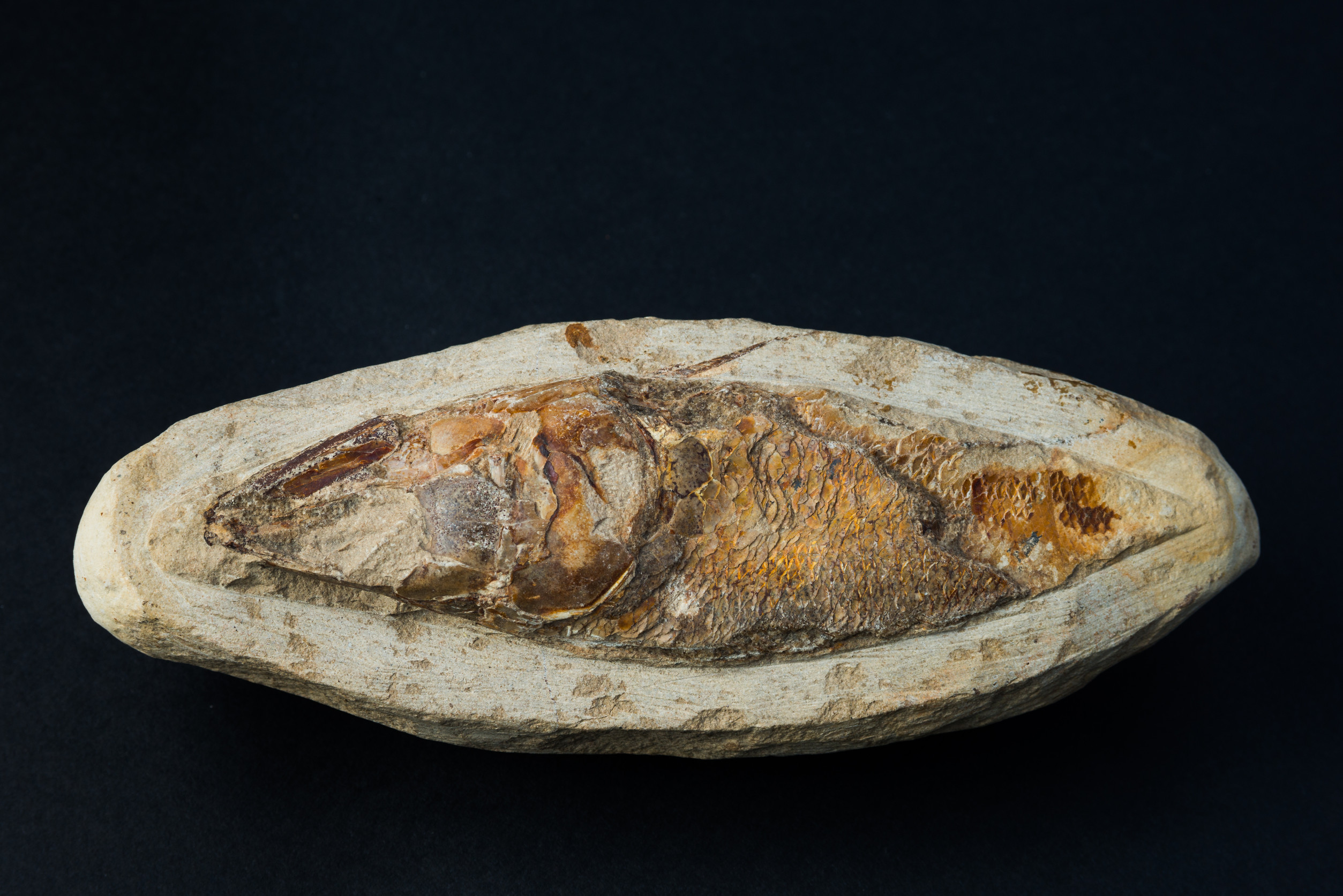Indigenous community advocates in Canada are finally celebrating a historic win—the Canadian government has reached Agreements-in-Principle to financially compensate Indigenous children who suffered discrimination and injustice.
On Tuesday, the federal government released a statement that announced that $15.75 billion ($20 billion Canadian dollars) would be allotted to First Nations children who were unfairly placed in the welfare system, as well as those who faced delays in accessing services or did not receive them at all.
An additional $15.75 billion will go towards the long-term reform of the First Nations Child and Family Services program, which will also include more funding for individuals who are aging out of the child welfare system.
The reform deal also includes $1,965 ($2,500 Canadian dollars) in preventative care per child, as well as provisions for children in foster care to continue receiving support beyond the age of 18.
The announcement is due to the tireless efforts of Indigenous community advocates who have been fighting for years to convince Canada to concede to a 2016 Canadian Human Rights Tribunal ruling that found the federal government had been discriminatory towards Indigenous peoples regarding the provision of child and family services.
Even though Canada acknowledged that its systems were discriminatory, the government repeatedly fought orders to pay compensation and fund reforms. This includes a federal court case it lost last year and tried to appeal, and an additional attempt to overturn another tribunal decision ordering funding of capital assets and preventative services.
“For too long, the Government of Canada did not adequately fund or support the wellness of First Nations families and children,” declared Canada’s Minister of Indigenous Services Patty Hadju in the statement.
They continued: “First Nations children thrive when they can stay with their families, in their communities, surrounded by their culture. No compensation amount can make up for the trauma people have experienced, but these Agreements-in-Principle acknowledge to survivors and their families the harm and pain caused by the discrimination in funding and services.”
According to Cindy Blackstock, the executive director of the First Nations Child & Family Caring Society, “this Agreement-in-Principle, while an important first step, is a non-binding agreement… it is only when that binding agreement has been written and signed by the Government of Canada and acted upon with great haste that First Nations children, youth, and families will have a measure of assurance that actionable change is coming.
Nishnawbe Aski Nation (NAN), an umbrella group that represents 49 First Nations in the province of Ontario commends the progress that the Agreements-in-Principle signals. “What has been achieved deserves to be celebrated and will strengthen our Nations’ ability to care for our children and families,” said NAN Deputy Grand Chief Bobby Narcisse.
A final settlement is expected to be completed before the end of March.











